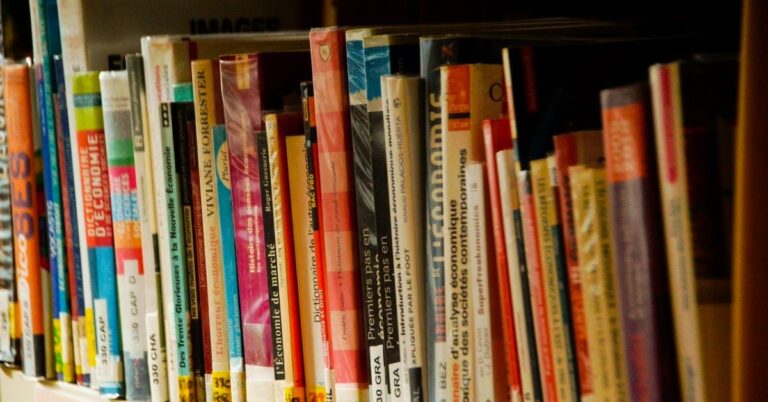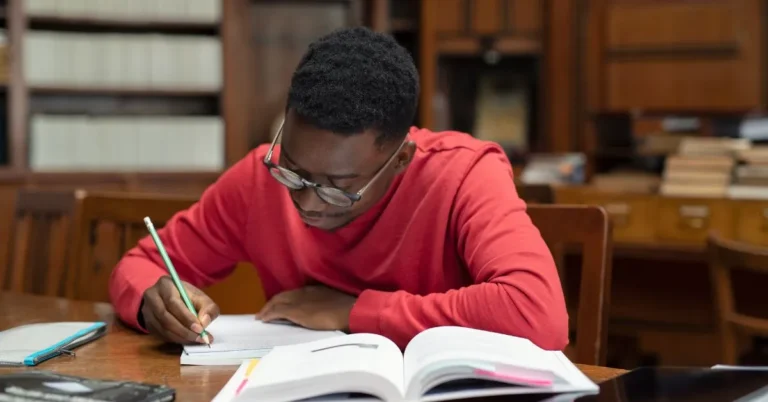The phrase “home, James,” has a relatively short and obscure history. It is a widely understood phrase used by a passenger to his or her driver, telling the driver to take him or her home. It has since become a cliché that spawned an early 20th century movie and a pair of songs. It ultimately seems to have come from a British monarch of the 19th century and her faithful driver.
The song “Home James, and Don’t Spare the Horses” popularized the saying in and around 1934. Many websites credit this popularization with Fred Hillebrand, who was born in New York in 1893 and died there in 1963. He was an actor, composer, and song writer. If anything of his song remains online, it is difficult to find.
There is, however, a recording of a song of the same name that was performed in Britain by Elsie Carlisle. Carlisle was a singer popular between the World Wars. Her version of the song does not credit a writer, but was performed with Burt Ambrose and his orchestra. Its lyrics speak of a date night gone wrong, as demonstrated by the chorus:
“(Home, James and don’t spare the horses)
This night has been ruined for me
(Home, James and don’t spare the horses)
Oh, I’m ruined as ruined can be”
The song appears to be set in the 1890s, at a time when both Hillebrand and Carlisle were born. It also features a horse-drawn carriage rather than the motor car that would have been used in the 1930s. It is, therefore, possible that the song dated from that time and these latter renditions were cover versions of it. This makes sense because there is evidence of a coach driver called James towards the end of the 19th century.
Queen Victoria of Britain reigned from 1837 until 1901. She would be driven about, when not using a train, by horse drawn carriage as was the convention at the time. There would have been a number of coach drivers available to her, depending on the location and the carriage being used. One of them towards the end of the 1800s was named James.
His name was James Darling, and little is known of him except his name and position. It was the convention of the time for an upper class person to address a driver by his surname, but this would have left the Queen saying “home, Darling.” The Queen naturally decided to use his first name to save embarrassment, and a phrase was born.
Drawing on her experience as a middle and high school teacher, Margaret Lipman strives to provide valuable insights for students when writing about scholarships and college application strategies in her articles for Scholarship Institute.







